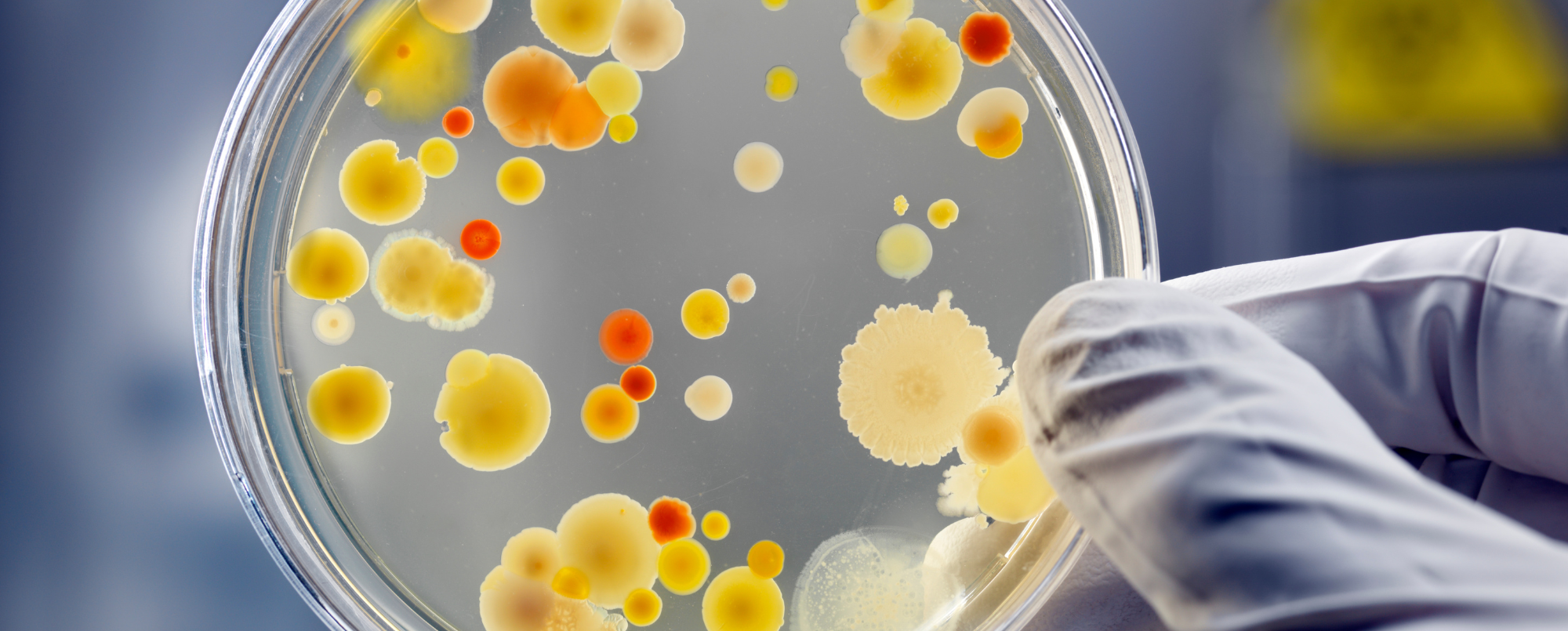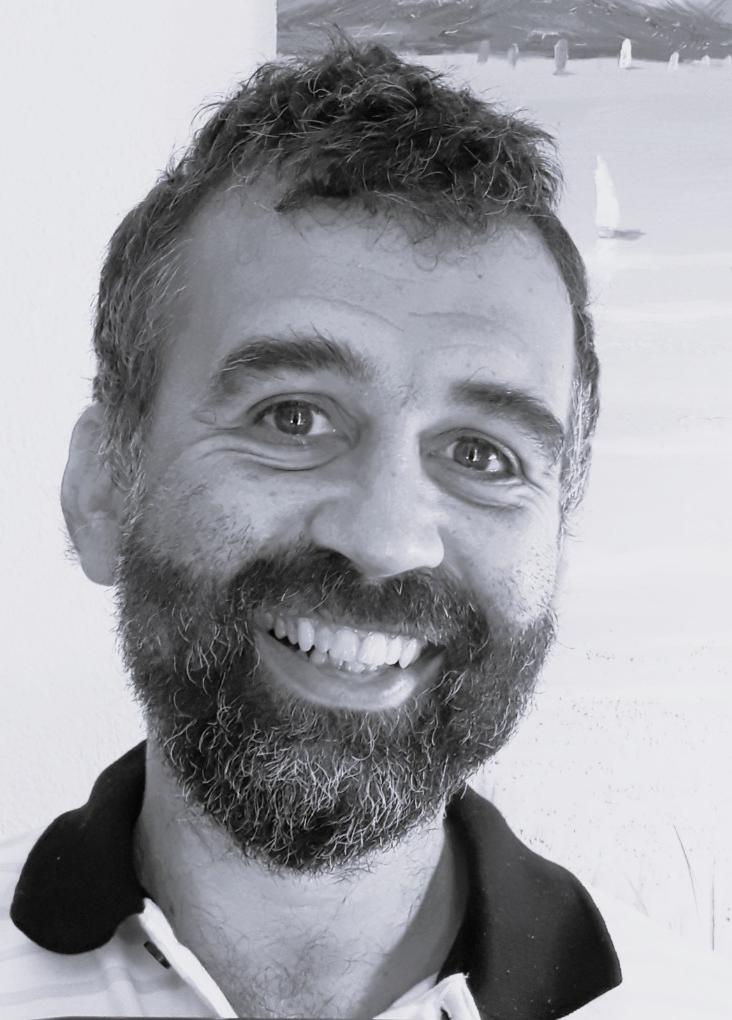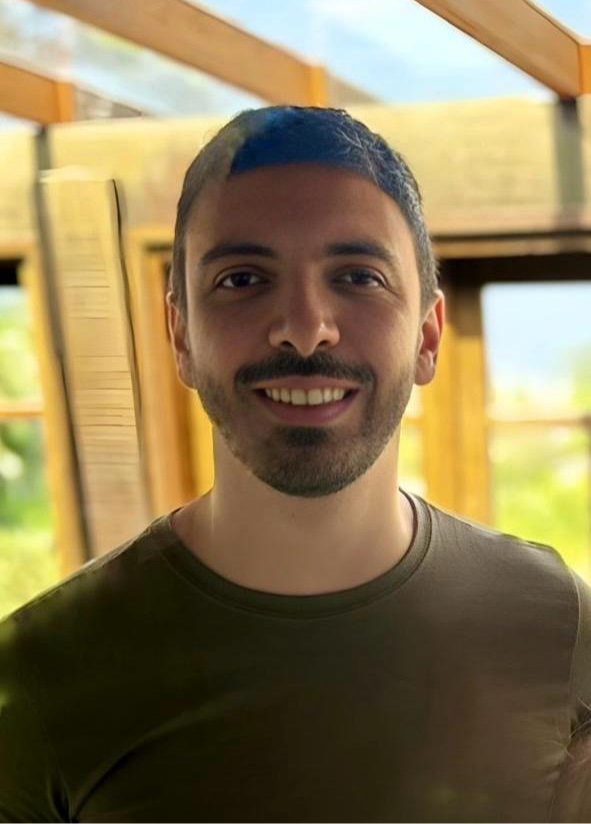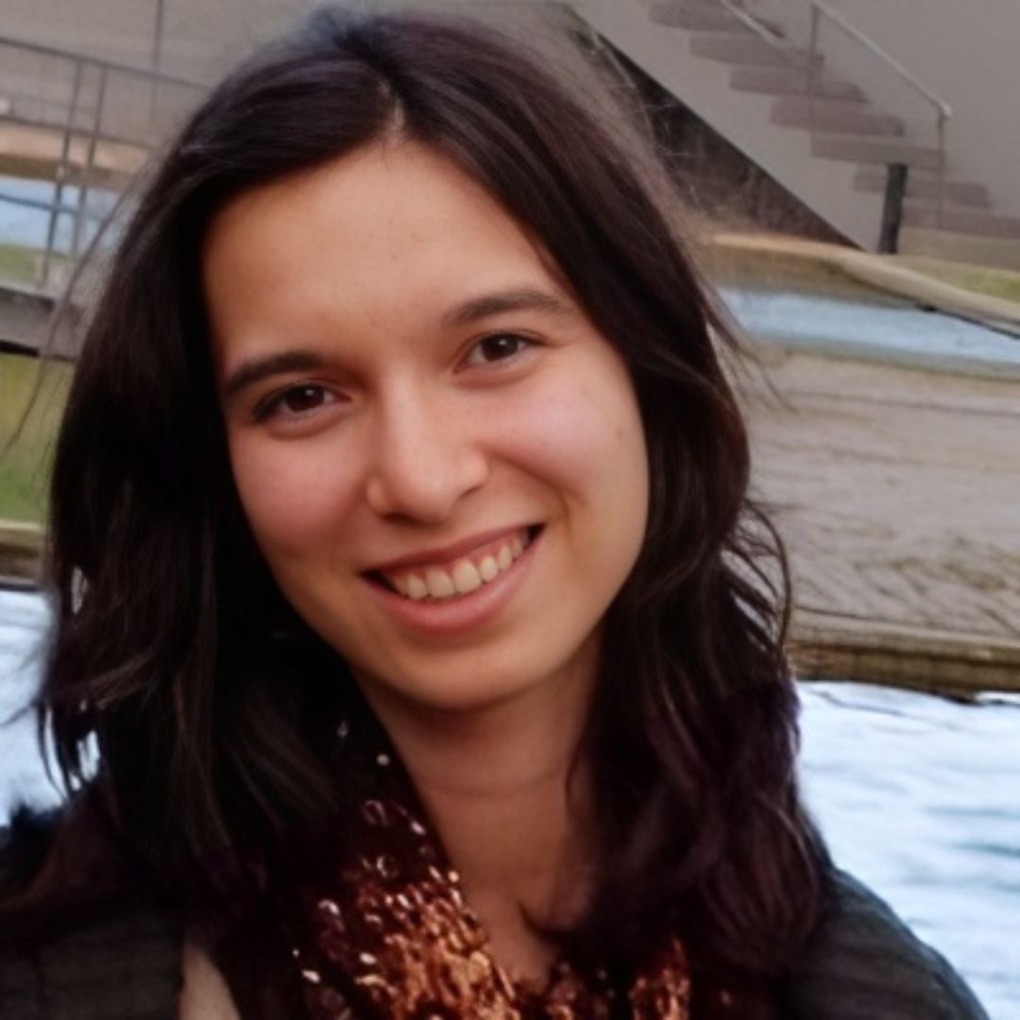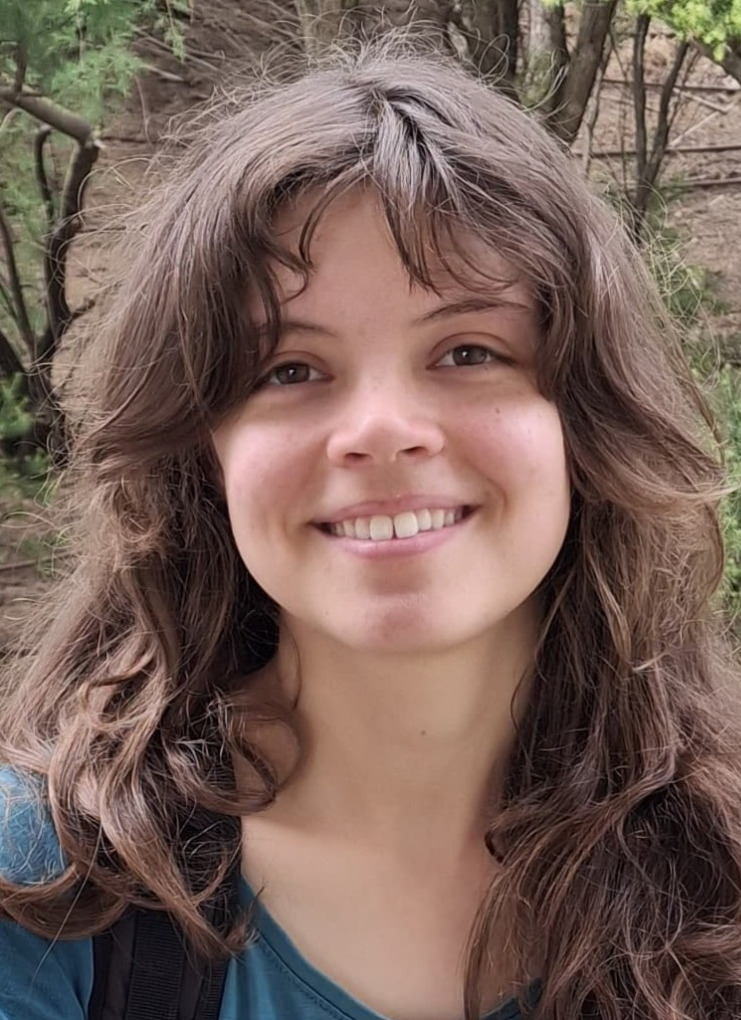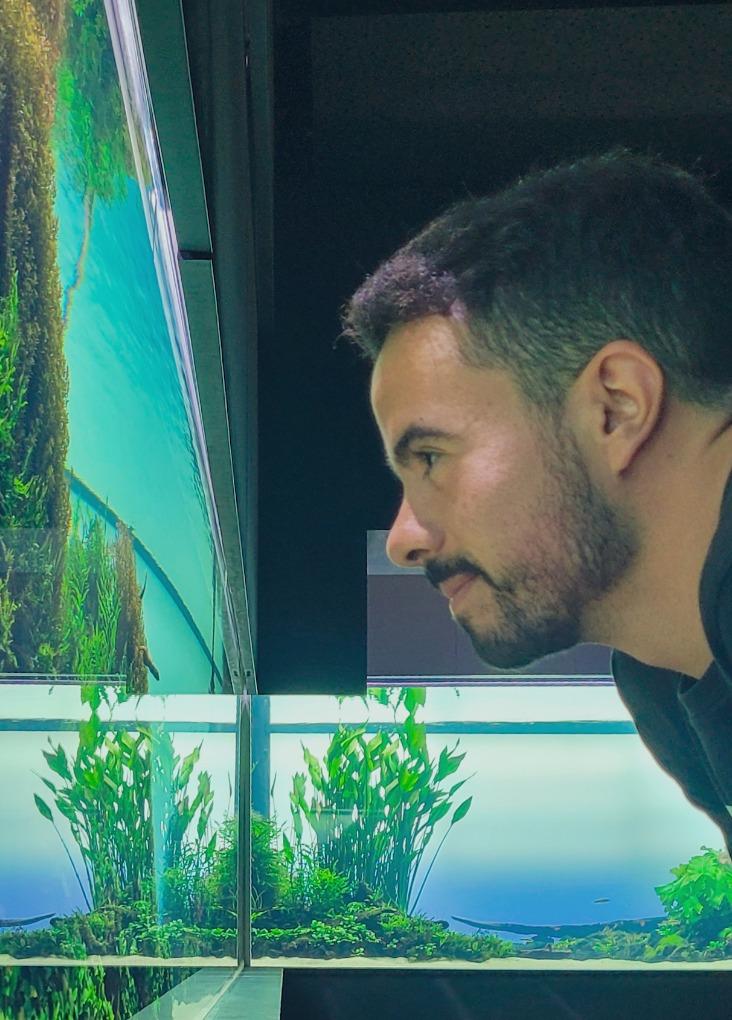Our group develops translational research on multi-host pathogens at the human-animal-environment interfaces for global health resilience in a context of global change.
We generate real-time epidemiological, microbiological and genomic surveillance data that we integrate and model through innovative approaches (e.g. machine learning) to advance knowledge on pathogen biology, evolution and transmission dynamics.
Our focus is the translational perspective for policy making and decision support. Our main objectives are to:
- Unravel the eco-evo-biogeographic history of pathogens within and across ecosystems to identify pathogen spread routes and discover variants under natural selection;
- Understand the eco-epidemiology of infectious diseases at multiple spatial and temporal scales, along gradients of humanisation, mining explanatory variables of observed pathogen distributions at different scales;
- Develop mechanistic frameworks explaining pathogen transmission and persistence patterns to predict public health and animal health risks and inform targeted interventions;
- Devise computational methods to better understand land use, biodiversity and climate change effects on the dynamics and distribution of arboviral diseases;
- Build genomics-based computational pipelines to mine transmission, virulence and antimicrobial resistance molecular determinants;
- Develop sensitivity and cost-effectiveness analyses of potential management and intervention strategies.
We collaborate with key national and international stakeholders. Our research lines align thematically with the smart strategic priorities of the National Research and Innovation System and with major programmes of the Horizon Europe, identifying opportunities embedded in major societal challenges around EU4Health, HERA (European Health Emergency Preparedness and Response Authority), EU Biodiversity Strategy for 2030, the Green Deal, and the Farm to Fork Strategy.
PBGH Team

